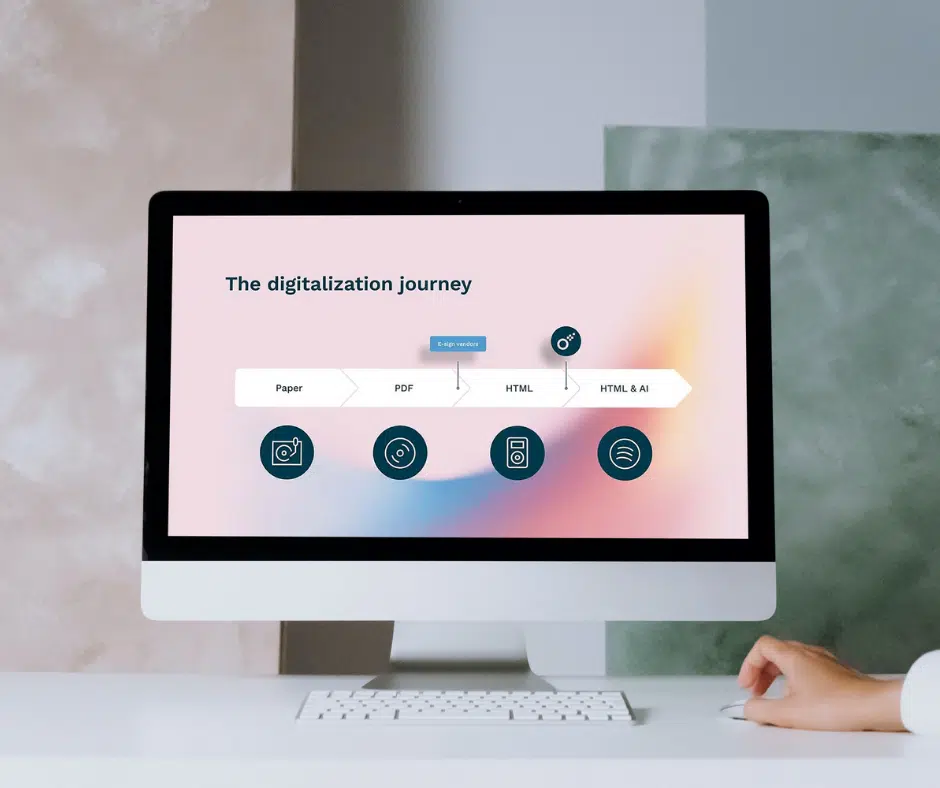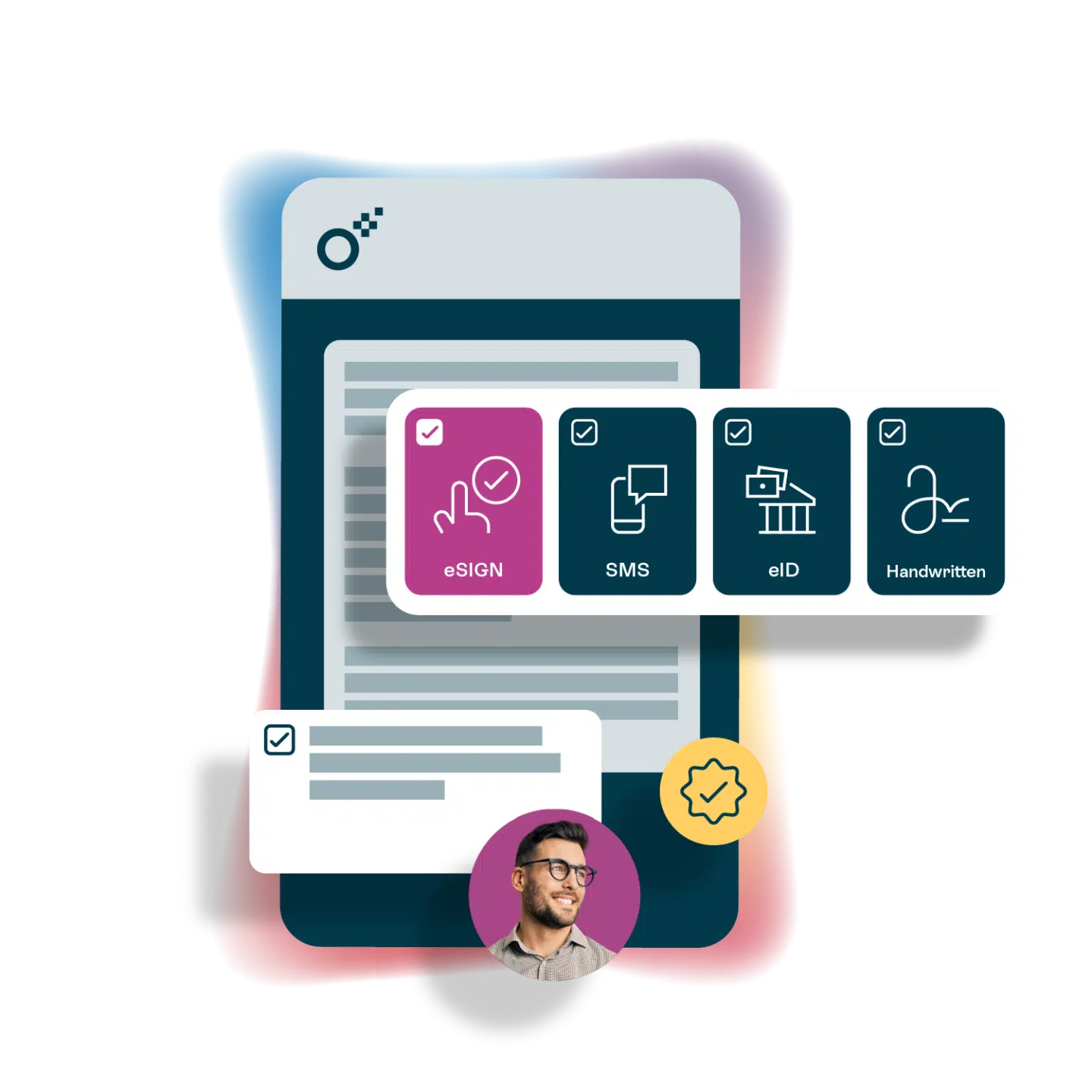Wouldn’t it be nice if we could speak to anyone in the world in our native tongue and regardless of if they speak it, they could understand you? Well, people may not be able to do that (yet), but, there’s a way for the different programs on our computers to speak with each other. How? APIs.
APIs are a staple in the programming world. For starters, API is short for Application Programmable Interface (API) which is an interface that defines interactions between multiple software applications or hardware. It’s a software application that allows different systems and applications to interact with one another, sending and receiving information between them.
In this post, we’ll focus on REST APIs, a type of web-based API which is the most common version seen around the web today. They have become a necessity in order for a business to grow and flow.
But what do they actually do, and how can they help your business? Here are five things that an API does, why we like them, and how it can benefit you:
1. Standardization / Interoperability
APIs are lauded far and wide for their standardization and interoperability. If you’re a developer it allows you to know what you’re working with from a base level. Based in Stockholm, Singapore, or Sudan, it doesn’t matter. Once you have those standards in place and know that you’re working with an API, you can get started.
Web APIs are able to speak the same language. This means that the ambiguity is reduced between software systems and the quality of the output can be increased. In essence, since people from around the world are able to communicate in the same base language, they can work together to quickly solve complex problems.
2. Agility / Economies of scale
An API is a solid foundation that once it’s in place, you can easily build on top of it. Think of it this way, you’ve built a wonderful and majestic LEGO castle. But, you want to add more towers, a moat, a bridge, and a dungeon. With an API, you can do that, easy. They provide the groundwork for you to build up from.
You can evolve as you go with an API. Meaning, as your business scales and grows, you can add more features, enable additional functions, and enhancements as time goes on. An API also allows organizations to integrate with partners quickly. Once you have a bridge built – you can be agile in how you build your application on top of the API, and build more bridges that link to your existing framework.
3. Ease of use
APIs, on both sides of the spectrum, are easy to use. On the client/customer side they are quite easy to navigate. Even on the owner’s side, after the initial setup, they aren’t too labor-intensive in terms of upkeep. They’re lightweight and don’t require many resources in order to maintain while API monitoring can ensure their correct functionality.
Typically they take common formats such as HTTP and JSON. It’s just a form request and response system where data is requested and a response is triggered based on the request.
When it comes to support, most APIs come with a documentation guide. You can refer to it for installation help, troubleshooting issues, or finding answers to frequently asked questions.

4. Seamless data flow
One of the beautiful things about APIs is that they allow for seamless flows of data. It can flow around the world instantaneously which makes businesses more efficient and flexible. It removes the bottlenecks that occur when data needs to be manually entered or sent in certain scenarios. By automating the data being transferred it speeds up the process, makes workflows faster, and business can boom.
It’s a globalized world we live in today. We need data to be immediately available at the click of our mouses. APIs allow for data to stream instantaneously from endpoint to endpoint, wherever those endpoints may be on earth. It’s one of the reasons we see companies with teams located in dozens of different countries. And thanks to recent events, it’s more likely that remote work is here to stay.

5. Control your data
A final, but surely not last boon of APIs are the fact that you can control the type of data that you send out. It gives your business more autonomy over processes and ensures that you are in the driver’s seat when you want to be.
Data is valuable, especially when it’s your own and vital to operations. It’s the new oil according to some. It’s important to ensure that the data you’re sending out is the data that you mean to send out. With the data that you send and receive with a Public API, such as the one that Oneflow offers, you can be sure that data is accessed in a safe and secure manner.
These are just a few of the wonderful features of APIs and the effects they have on the world at large around us. They allow businesses to flow together on an international scale and facilitate partnerships, relationships, and commerce around the globe. Globalization is not going away. Having the tools available to help your business navigate through today’s worldwide business ecosystem is crucial for long-term success.


Ask us anything about truly digital contracts
Want to know more about digital contracts or the future of contract handling? We’d love to hear from you.






